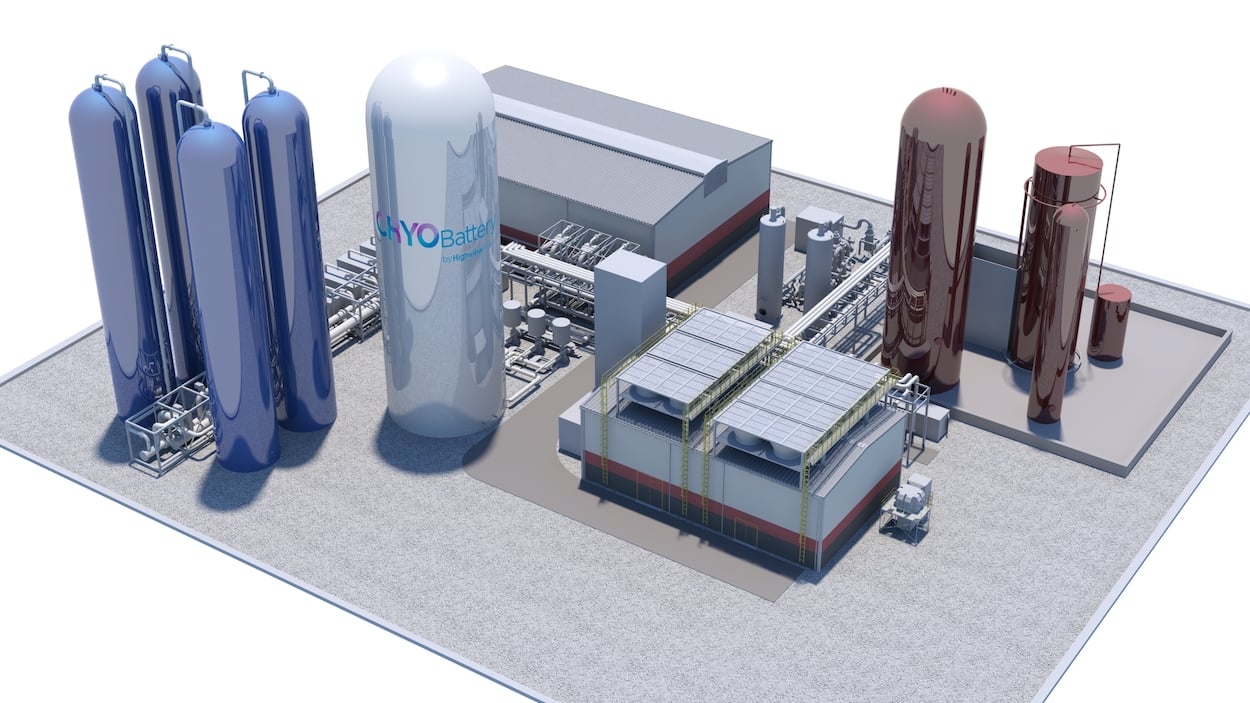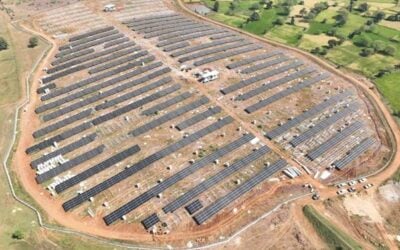
The UK needs “robust energy storage technologies and clear strategies for implementing them,” to accelerate the transition towards decarbonisation, the lead author of a new roadmap detailing the role of energy storage technologies in the country over the next 10-15 years has said.
The roadmap has been launched by researchers at the University of Birmingham, England. There is a “well-defined need” for measures that provide energy system reliability and resilience, the report stated, with the challenges set to shift through the 2020s to the provision of gigawatt-scale capacity, to cover days of demand for electricity and then to weeks and months of terawatt-scale demand for heat.
Enjoy 12 months of exclusive analysis
- Regular insight and analysis of the industry’s biggest developments
- In-depth interviews with the industry’s leading figures
- Annual digital subscription to the PV Tech Power journal
- Discounts on Solar Media’s portfolio of events, in-person and virtual
With technology costs declining and the system value set to rise, the key issue will be in the timing, it continued, with accelerated technological innovation coupled with favourable markets allowing energy storage to realise its value and benefit the UK and global energy systems. If this value can be accessed, the technologies could be scaled-up within years.
However, to achieve this a series of actions are required, with a number of key recommendations set out in the roadmap to guide future research and policy priorities.
One of these is the need for further electricity market and regulatory reforms to allow energy storage to compete, with these reforms needing to consider the system value of longer duration responses.
Technologies such be developed at seasonal timescales, with the electrification of heat having the potential to drive demand for seasonal storage.
There should also be increased system analysis and modelling across energy vectors and scales with storage. The report stated that there is “considerable uncertainty” in what many of the changes across the heat, power and transport sectors will look like and their implications for energy storage, resulting in the need for this increased analysis and modelling.
Technical and policy/regulatory integration of transport and power systems will also be needed, with the continued electrification of transport to further integrate these systems and provide opportunities such as smart charging and vehicle-to-grid. Policy and regulatory measures should be developed to allow these opportunities to be taken.
Whilst energy storage can play a role in meeting the challenges the energy system will face out to 2030 and beyond, institutional and governance arrangements will need to be established to allow a more integrated system to function for consumers, local and national systems.
The roadmap envisions the early 2020s seeing increasing demand for EV batteries, V2G introduced and inter/intra-day peak shifting/load levelling. As such, investment in EV manufacturing should take place here as well as system analysis for EV charging and V2G.
The mid-late 2020s will see thermal energy storage integration, electrification of HGVs and battery second-life and recycling opportunities and challenges. In this time period, a circular economy approach to EV manufacturing should be integrated and the development and testing of technologies such as hydrogen at seasonal timescales should be done. In the 2030s, there should be seasonal peak shifting, with the previous recommendations continuing.
Lead author, Dr Jonathan Radcliffe of the Energy Systems and Policy Analysis Group at the University of Birmingham, said that energy storage will play a “critical role as we continue to integrate low carbon systems”.
“In order to accelerate this transition, we need robust energy storage technologies and clear strategies for implementing them. This roadmap will be important for prioritising and guiding current and future activities.”
The full roadmap and its recommendations can be read here.
This story first appeared on Current±.
Our publisher Solar Media will be hosting the Energy Storage Summit 2021 in an exciting new format on 23-24 February and again on 3-4 March. See the website for more details.






